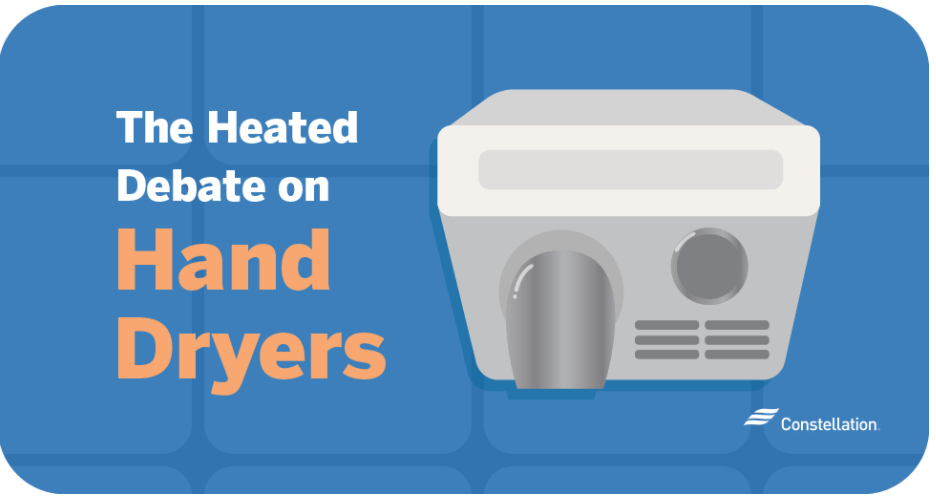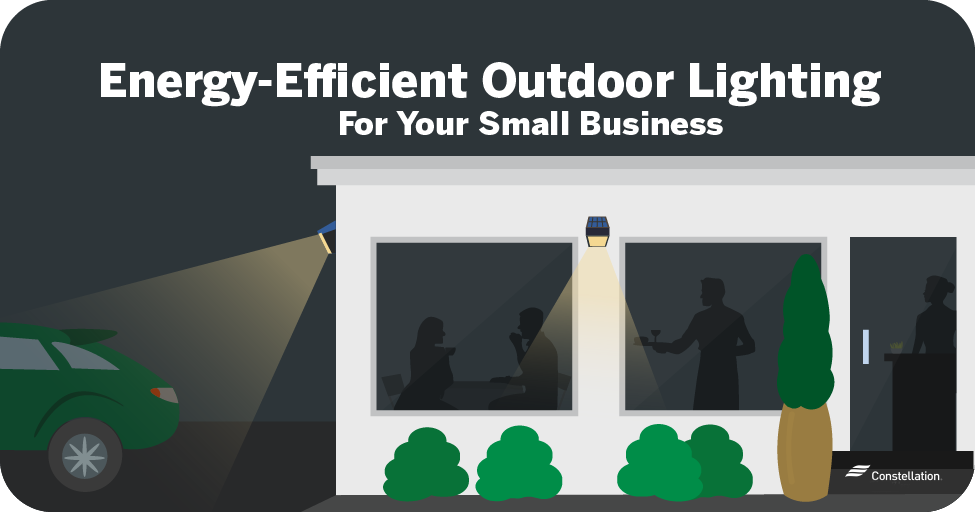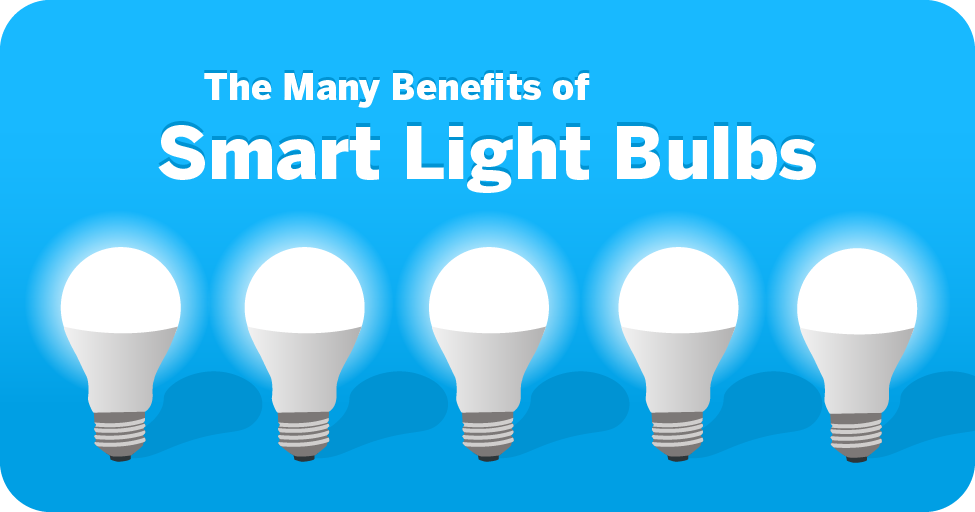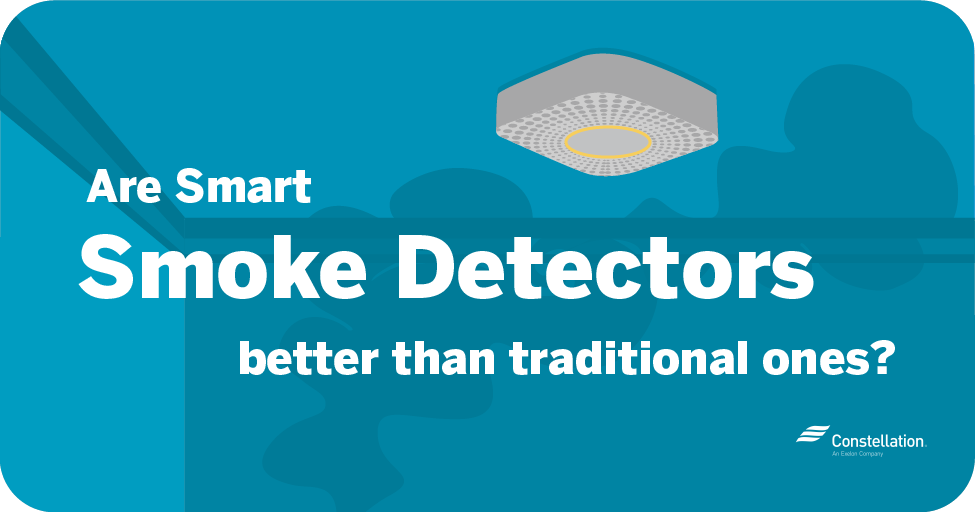
The Heated Debate about Energy-Efficient Hand Dryers
Restroom hand dryers have long had a reputation for being more environmentally responsible than paper towels, and it’s true. Paper towels create excess waste, and small businesses can use hand dryers to slash annual operating costs significantly.

Energy-Efficient Outdoor Lighting Ideas for Your Small Business
Commercial exterior lighting is a necessity for most small businesses. Lighted storefront signs indicate you’re open for business, while outdoor lights attract customers and provide security lighting for your property.

The Many Benefits of Smart Lighting
Smart lighting is revolutionizing how property owners control lighting, conserve energy and improve security with simple voice commands and home connectivity. It’s why smart lighting systems are one of many energy-saving strategies for smart homes, and they’re also a great first step into the Internet of Things (IoT) if you’re curious about smart technology.

How Replacing Windows Increases Your Energy Savings
According to Energy.gov, the average American household wastes energy due to drafts, air leaks and inefficient heating or cooling systems.

Staying Connected with Energy-Efficient Small Network Equipment
If you’re in business today, then you’re probably online. Connectivity should be an essential part of a small business’s infrastructure and planning for small business success means ensuring your online presence is reliable and consistent.

Smart Home Energy Saving Tips and Devices
Whether it’s switching the lights off when leaving a room or turning off electronics and appliances when not in use, there are simple habits that can help you conserve energy. However, by investing in smart home energy saving devices, you can automate many of these daily tasks and increase your overall energy savings.

Smart Kitchen Gadgets: The Future of Cooking
The kitchen is arguably the most important room in a home. When new homeowners are looking for a house, the kitchen is often a deciding factor.

Brighten Your Home with Energy-Efficient Decorative Lights
From lighting up your home to transforming your front yard, decorative lights are a popular way to brighten any home during the holidays. While traditional string lights and decorative lights are a staple in many homes, they can use significant amounts of energy.

Energy-Efficient Dehumidifiers: How to Choose the Best Dehumidifier for Your Home
Properly maintaining your home’s humidity can be important for both your health and your living space. Too much humidity in your house could possibly result in mold and wood rot, and aggravate allergy and asthma symptoms.

Are Smart Smoke Detectors Better Than Traditional Ones?
Have you checked your smoke detectors recently? If not, you might want to.


